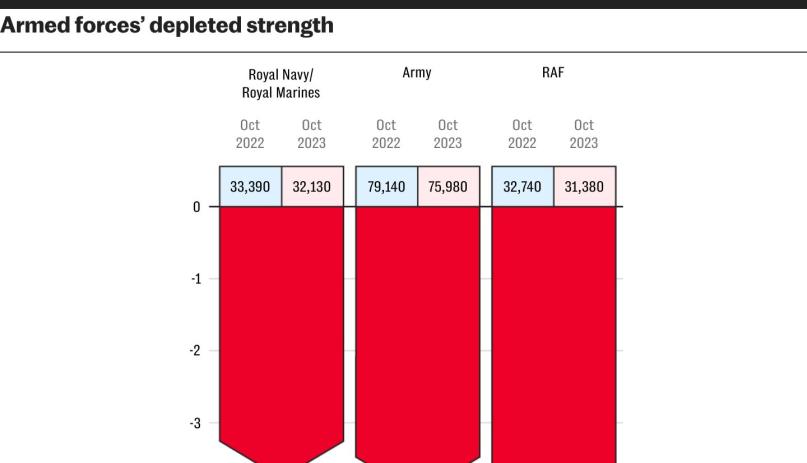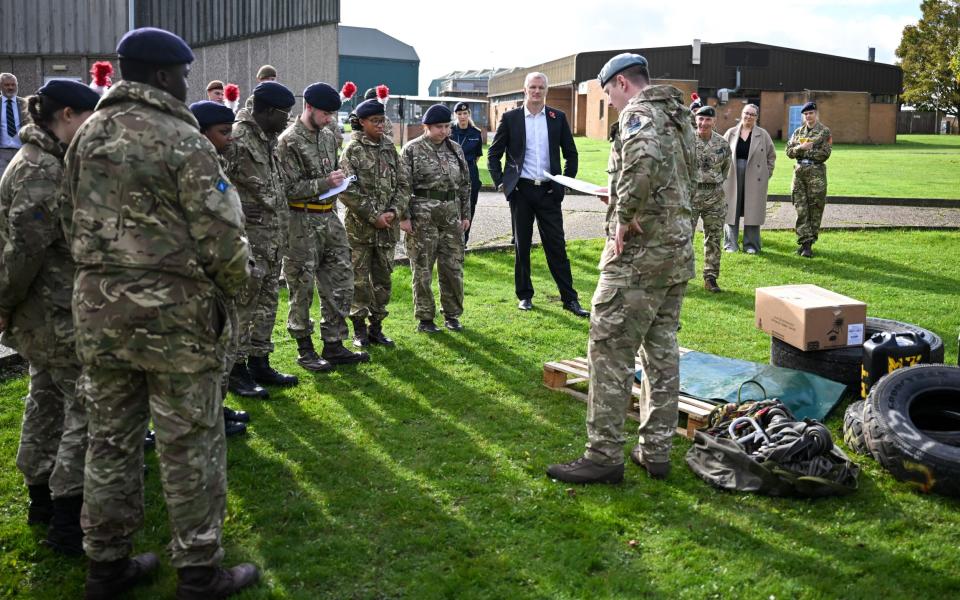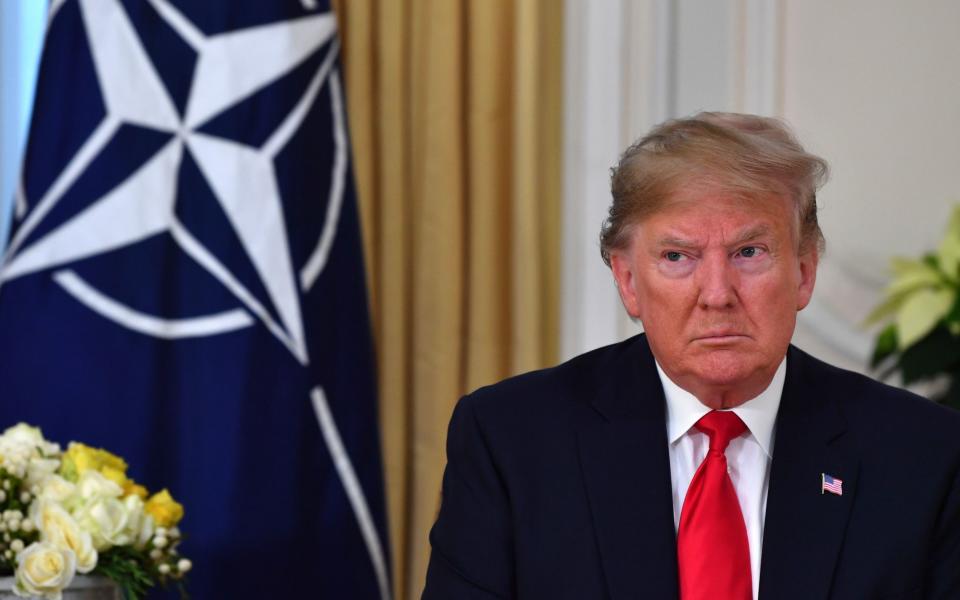Soldiers are leaving the armed forces at an alarming rate, despite a pay increase over the summer.
For the first time ever, there are now just two soldiers per thousand people in Britain.
Some 15,119 people left the armed forces during the year to October. Of these, 7,778 were counted as “voluntary outflows,” those who chose to leave of their own accord.
The armed forces recruited just over 12,000 men during the same period, resulting in a net reduction in the army.
Soldiers are leaving despite the government's attempt to defuse the recruitment crisis with a 6 percent pay increase.

The Ministry of Defense (MoD) announced the increase, the largest for the armed forces in 22 years, in July – as well as retention payments – in a bid to retain talent.
Yet the latest figures suggest that the increase may not have been enough and that despite this, new recruits to the armed forces are still among the worst paid civil servants in Britain.
The real wage bill for military personnel has increased by just 1.9 percent since 2011, compared to 13.39 percent for new doctors in training and 10.14 percent for machinists.
An Armed Forces survey published in May found that satisfaction with basic pay in the military is at its lowest level ever.
Only 32 percent said they were satisfied with their pay package. This survey was conducted before the government's wage increases.
The army, navy and air force have faced a recruitment crisis in recent years, while state bureaucracy has ballooned.
The civil service, which was drastically reduced during David Cameron's time as prime minister, is now four times the size of the British armed forces for the first time. Britain has a public payroll of 543,000 full-time mandarins and 137,000 regular troops.
The figures suggest Britain is struggling to equip itself at a time of increasing conflict around the world.
Al Carns, the defense secretary and former Royal Marine, said the army could be “expanded” in just six months if it takes part in a major Ukrainian-style land war.

Al Carn's MP, the Minister for Veterans, seen with army cadets – Finnbarr Webster/Getty
The new US administration led by Donald Trump is expected to demand much higher defense spending from European NATO members.
The president-elect could reportedly demand that most alliance member states spend 5 percent of GDP on defense. The current NATO target is 2 percent and of the 32 member states, only 23 exceed that threshold.
Trump has previously threatened to abandon America's European allies if they don't meet spending targets, saying: “They have to pay their bills.”

Donald Trump expected to demand European NATO members spend more on defense – Nicholas Kamm/AFP via Getty
A Ministry of Defense spokesperson said: “This government has inherited a recruitment crisis, with targets missed every year for the past fourteen years, and is taking decisive action to halt the long-term decline in numbers.
“We gave staff the biggest pay rise in decades and removed 100 outdated policies that are blocking and slowing recruitment. [introducing] retention payments for key skills within the armed forces.
“Our service members are making extraordinary sacrifices to keep us all safe and we are proud of their courage, dedication and professionalism.”

